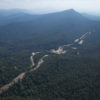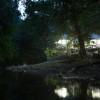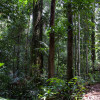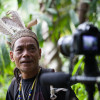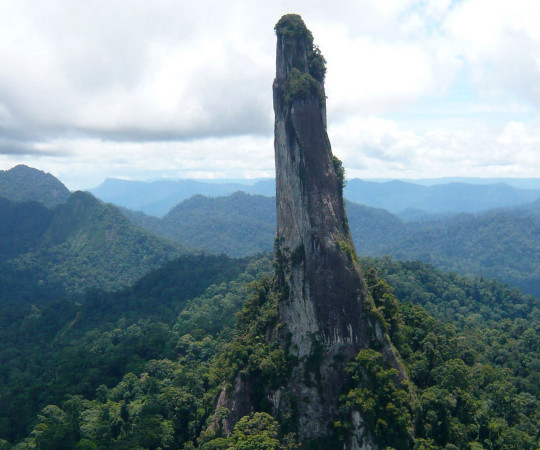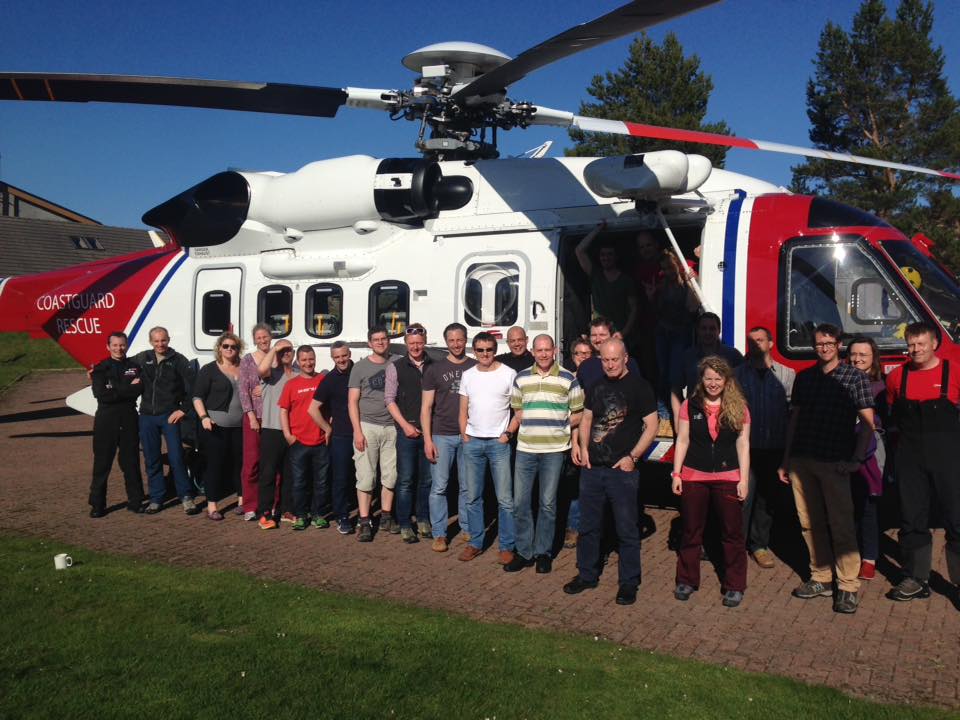
first aid
Want to know which wilderness medicine course you should complete before departing on your expedition? Here’s my recommendation.
This is a plug, pure and simple. I write this not because I’m being paid to but because sometimes you come across people who are delivering a service or a product that is so good, so well designed and delivered, and so far ahead of the competition that they’re really operating in their own self-created realm of excellence. It’s a pleasure to see people crafting their work to such a high standard, and it’s worthwhile noting and acknowledging these people and what they’re doing. Enter Wilderness Medical Training and their Advanced Medicine course, which I’ve just completed for the second time.
Medical training is a must for people working in remote areas, but it’s difficult to find training providers and courses that teach the skills relevant to expeditions and, crucially, provide the confidence to actually use those skills. I’ve tried a few other courses and can say that nothing even comes close to what the Advanced Medicine Course offers. Even the Far From Help course, which is the first two days of the full 4 day advanced course, is far superior to anything else I’ve come across.
Why do I think it’s so good? It’s been designed by expedition and medical professionals, for expedition and remote travel scenarios, and is delivered by doctors with huge experience operating in these situations. So everything is relevant and being constantly refined. Since my last course for example, sub-cutaneous drips are now taught for fluid replacement instead of intravenous drips because they’re far easier to deliver in an expedition scenario, and suturing has been replaced by human tissue glue and staple guns (very cool!).
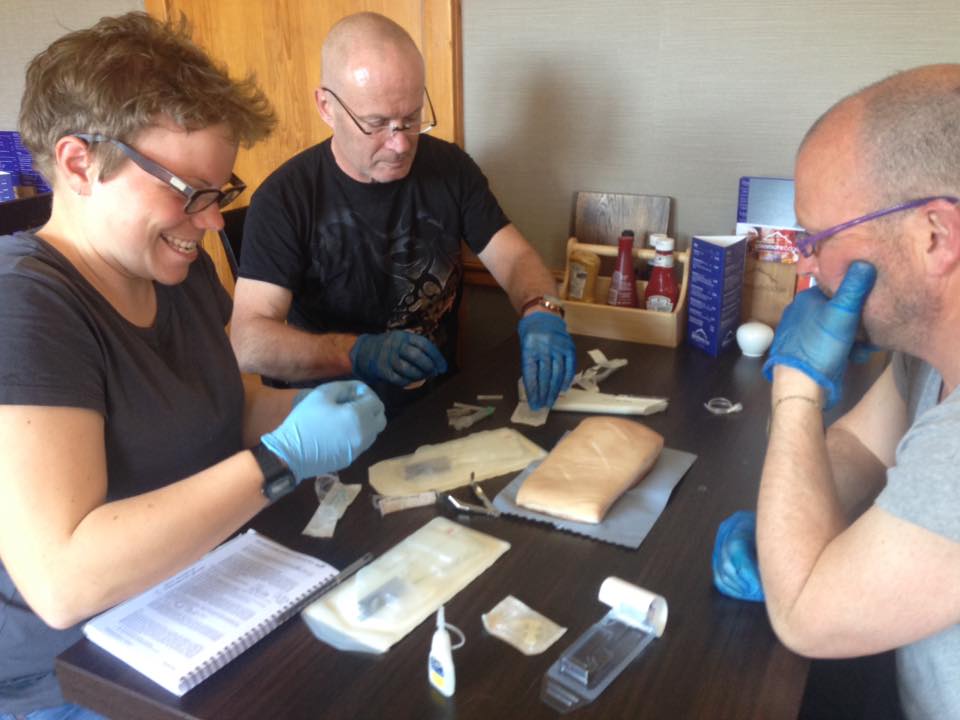
Anaesthetising a ‘wound’ before stapling it shut. much easier than suturing.
It is as good a mixture of theory and practical as can be expected, because it is packed with content. Jam packed, just to the point of overwhelm, but not quite. And the (updated) handbook that accompanies the course and then goes everywhere with you, acting as your bible in times of crisis, is superb. The course is worth attending simply to get your hands on one of these books.
Lastly, this is the only course in the UK that will give you access to prescription drugs via Nomad Travel, which allows you to get your hands on the kinds of antibiotics and painkillers that are going to make the difference in the the kinds of situations you’re likely to be dealing with in a real expedition environment.
Two things that I took away from this course are just how small a well designed expedition medical kit can be, and, connected to this, how useless and potentially dangerous the bloody neck braces that I’ve been carrying around on my bigger Borneo expeditions truly are (I always suspected as much!). I am so, so glad that I can finally rid myself of those!
It might not be the cheapest course available, but I’m not sure you can put a price on being and feeling prepared to deal with a crisis situation when you’re days from a medical facility. So pony up the cash is my advice.
With massive thanks to the WMT team, and special thanks to Barry Roberts (WMT co-founder – amazing work), Dr Duncan Gray, and Naomi Dodds who taught the course with passion and flair.
Photo credits: Barry Roberts, WMT
I’d love to know your thoughts, especially if there other courses out there as good as this one. If you’ve done this or any other course or had to use your medical training in the field, use the comments to share your experience and advice.

